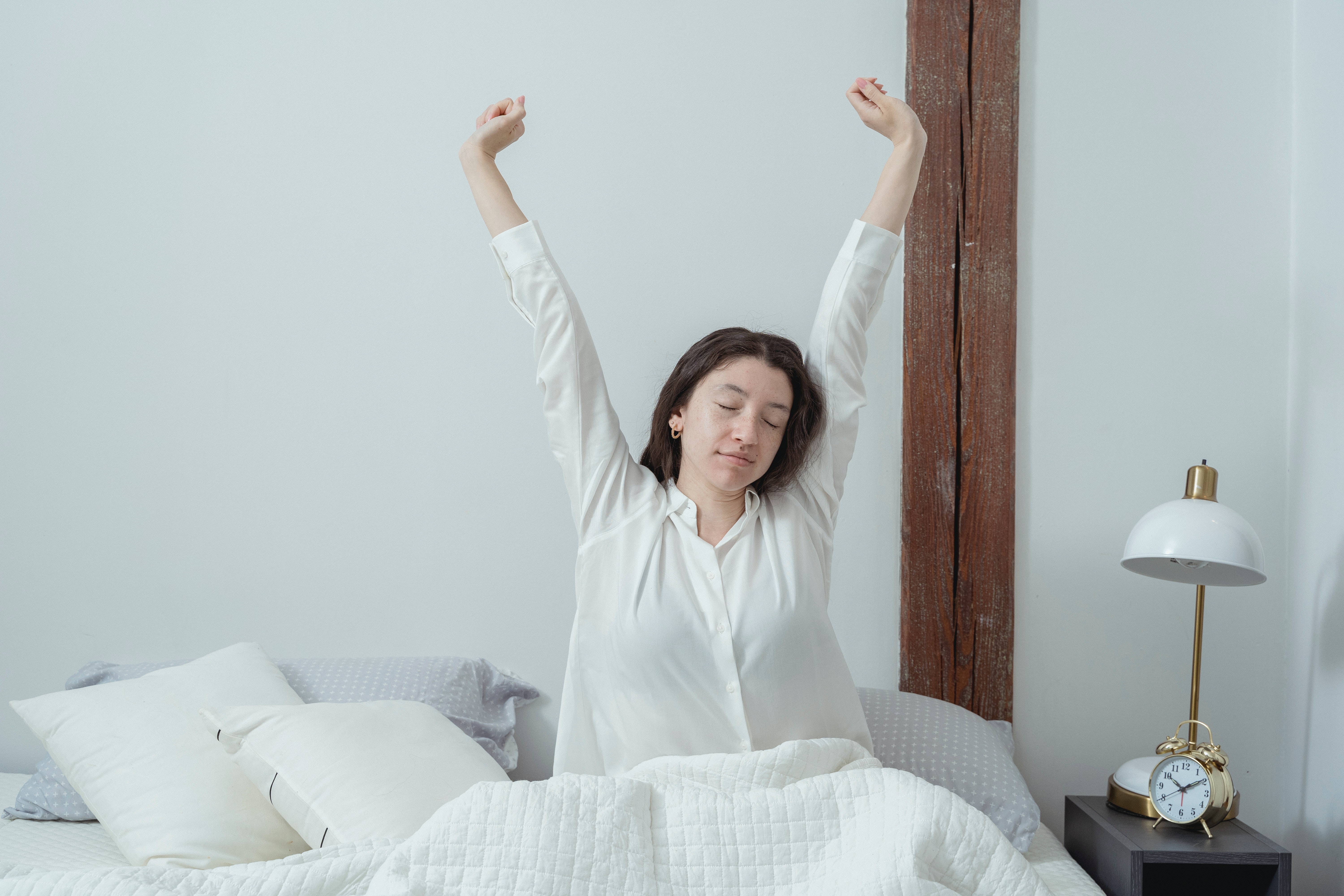Have you ever woken up on the wrong side of the bed? You know how rough those mornings feel — you're groggy, unmotivated, and sometimes moody. Not a fun start to the day. Everyone knows that lack of sleep can affect your physical health — but how much does it impact your mental state?
Poor or insufficient sleep has been linked to increased negative emotional responses to stressors, and decreased positive emotions. While we still need more research on the direct connection between sleep and mental health, we know that sleep is important for our day-to-day functions, including processing events and regulating emotions and behaviors.
The Link Between Insufficient Sleep and Mental Health Disorders
Our bodies are designed for rest. Sleep helps us maintain our cognitive skills — like attention, learning, and memory. When we get insufficient sleep, it becomes difficult to handle even small stressors, therefore negatively affecting our mental health.
Not getting enough sleep or poor-quality sleep can also increase the risk for mental health disorders. If you have trouble sleeping, you might be more likely to feel irritable, anxious, or depressed. The good news is that there are ways to improve sleep quality and quantity.
How to Improve Your Sleep
While there are differences in the amount of sleep each person needs, the American Academy of Sleep Medicine (AASM) recommends that adults sleep at least 7 hours a night for optimal health and functioning, with most adults needing somewhere between 7-9 hours.
Teens typically need 8-10 hours, and older adults (65 years and older) need roughly 7-8 hours. And while the amount of sleep we get is important, consistently getting quality sleep is also essential.
Here are some tips for catching a great night of Zzz's.
— Start a bedtime routine and stick to it. Go to bed at the same time each night and get up at the same time each morning, including on the weekends. Being consistent with your sleep and waking times can promote long-term sleep quality.
—Make sure your bedroom is quiet, dark, relaxing, and at a cozy temperature. Exposure to light in the evenings can make it more challenging to doze off. Try room-darkening shades, earplugs, a fan, or other devices to create a space that suits your sleeping needs.
—Remove devices like TVs, tablets, computers, and phones, from the bedroom. Electronic devices emit blue light, which tricks your body into thinking it’s daytime. Blue light suppresses the body’s release of melatonin, a hormone that makes us feel drowsy. While this keeps us awake during the day, it becomes unhelpful in the evening when we're trying to get a good night's rest.
—Avoid large meals, caffeine, and alcohol before bedtime. Avoid heavy or large meals within a couple of hours of sleeping — discomfort might keep you up at night. A single dose of caffeine can enhance focus, energy, and sports performance. But when it's consumed late in the day, it stimulates your nervous system and may stop your body from naturally relaxing at night. As for alcohol, having a few drinks at night can negatively affect your sleep and hormones. Alcohol is known to increase the symptoms of sleep apnea, snoring, and disrupted sleep patterns. It also alters nighttime melatonin production, which plays a key role in your circadian rhythm.
—Get active. Being physically active during the day can help you fall asleep more easily at night. However, avoid being active too close to bedtime. Experts caution that vigorous exercise within one hour of bedtime does not allow time for core body temperature to cool. This could delay sleep, affect your sleep quality, and lead to more awakenings. Spending some time outside every day might be useful, too.
—Clear your head. It can be hard to fall asleep when your mind is buzzing with worry or focusing on tomorrow's to-do list. But there are a lot of ways you can unwind and shut your mind off. Try some different relaxation techniques and find what works best for you — like reading, meditating, taking a hot bath, or listening to calming music.
We hope these sleep tips will help you improve your mental health and your overall well-being. At OnSite Wellness, health and wellness is our specialty.
Incorporating a wellness program at your workplace can have massive benefits for your employees in managing their health. Contact us to learn more!
-1.png?width=300&name=1127895_OSW%20Tagline%20Logo_081021%20(1)-1.png)


